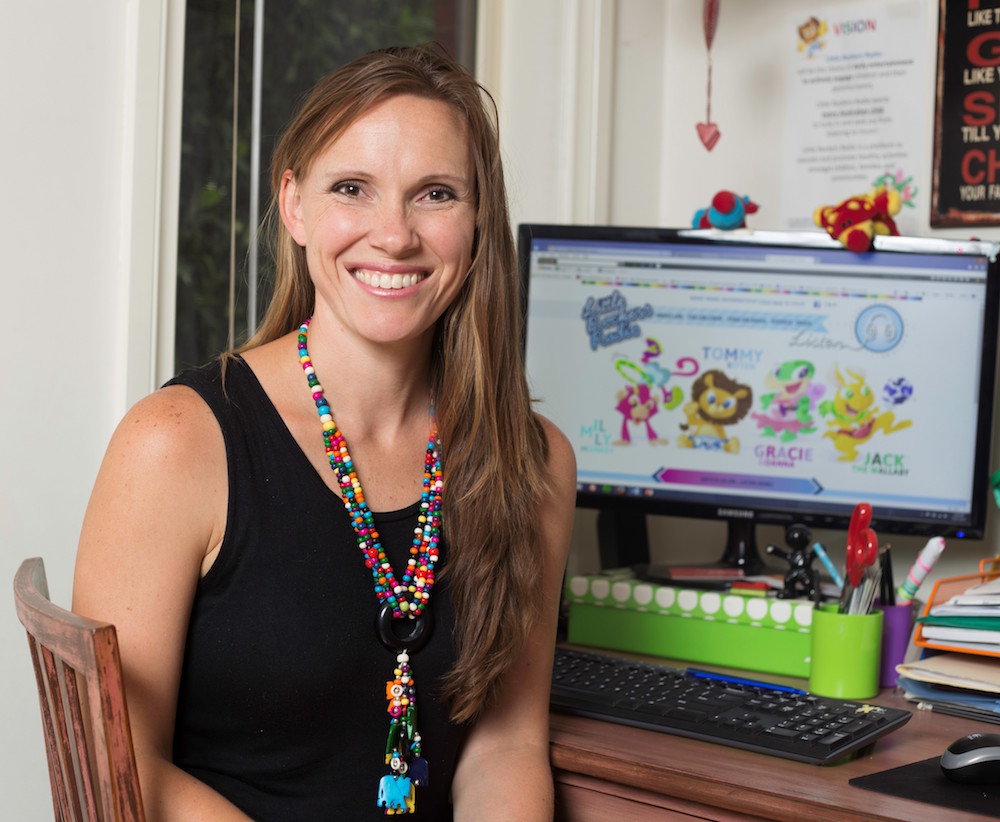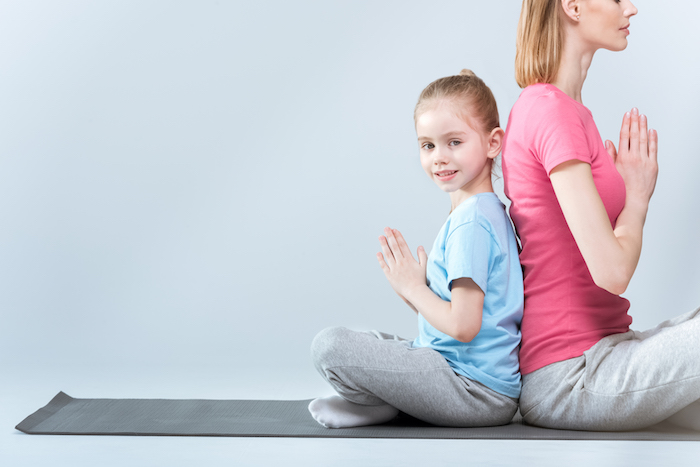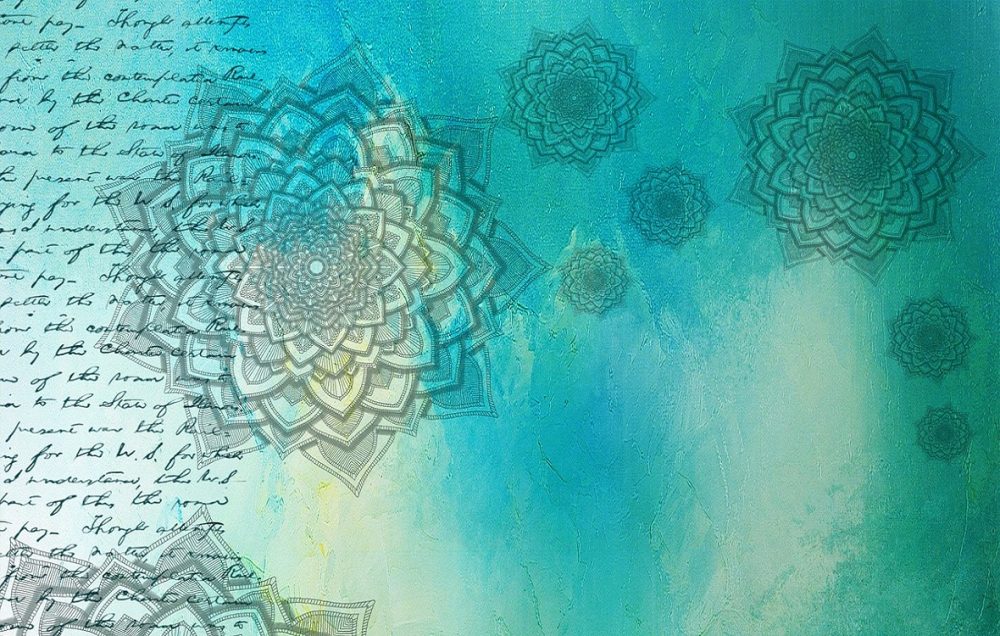If you’re feeling more anxious than usual these days, know that you are not alone. It’s a stressful time, but it’s important to stay calm and collected.
We’ve rounded up 5 ways to relax and relieve stress, fast.
-
Luke McLeod – Meditation Expert, Founder of Soul Alive
If you haven’t tried meditation before, now is the perfect opportunity to do so. It’s a practice that can be done by yourself and is proven to help with stress and anxiety. In saying this though, meditation is often an exercise that a lot of people struggle with. My suggestion, particularly if you’re new to it, is to start out with guided meditations. Like we do at Soul Alive, each session is taught live online by a meditation teacher. Where they guide people through the practice, helping them overcome the usual challenges along the way.
-
Kylianne Farrell – ecotherapist, counsellor, fitness industry educator and presenter, personal trainer, mental health first aid instructor, mental health advocate and a Red Paddle Co Expert
Human beings today are busy and screen addicted, bombarded with man-made stimulus and stress from every angle. When we step away from the constant hustling, with the pressure to be and do more, grab the board and paddle to hit the water, we give ourselves the permission and space to restore and recover. The majority of Australians feel that stress not only impacts their physical health but also their mental well-being too (1). Stand up paddle boarding may hold an anecdote to balance out the damaging impacts of stress from daily life. Natural settings have been shown to lower heart rate, reduce blood pressure, lower anxiety and increase feelings of well-being (2). With each stroke, optimal conditions for the attentional recovery within the brain are created clearing space for reflection by being immersed in a natural environment (2).
-
Briony Leo is a psychologist from Melbourne. Her interests include relationships, trauma, addictions and mental and physical wellbeing. She has specialist training in EMDR, Neurofeedback, Schema Therapy and ACT therapy.
Future Self – One useful way of helping us to shift gears is to try and take perspective on things – and imagine ourselves 5 or 10 years from now, looking back at our current selves. What might they see? What things in your life right now might stand out to them? Considering 2020 as a ‘point in time’ rather than our whole existence is really useful, because it allows us to put it into perspective and reflect on things like ‘what have I learned?’ ‘what matters more to me now?’ ‘how have I changed?’ Often taking perspective is a great way of refocusing and taking stock, and also imagining a future that is more than a few weeks ahead!
-
Beth Borowsky is an Educator, Yoga Teacher and CEO of The Karma Class.
The Big Benefits of Gratitude – We’re experiencing unprecedented times. It’s easy to get caught up in what’s not happening, or what’s going awry. Practicing gratitude is a simple, powerful and effective way for you and your family to experience overall health and wellbeing.
Create a Gratitude List – invite your kids name 3 things they are grateful for just before going to sleep or when they wake up. Children who understand and practice gratitude are happier, healthier and more compassionate (as are adults).
Get more mindful activity ideas from our Karma Home Activity Cards – based on the principles of yoga, breath and mindfulness, they’ve been designed to help families support their wellbeing within a calm, compassionate and caring environment. They’re easy to use and deliver a holistic body, breath and mind experience.
-
Claire Summers Founder of Gratitude Glass Jars
A daily gratitude practice not only allows you to excel in our pursuits, but has long-lasting benefits to counter stress and strengthen our mental health. Find the tool that works for you, whether it’s capturing a daily note of gratitude in your glass jar, or writing in a journal. The sheer act of writing down a positive emotion or experience from that day will reinforce the experience in your mind, raise your serotonin levels and provide a sense of calm and joy as you reflect.
References
(2) Buzzell, L., & Chalquist, C. (2010). Ecotherapy (pp. 108, 157, 158). Berkeley, CA: Counterpoint.









